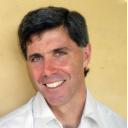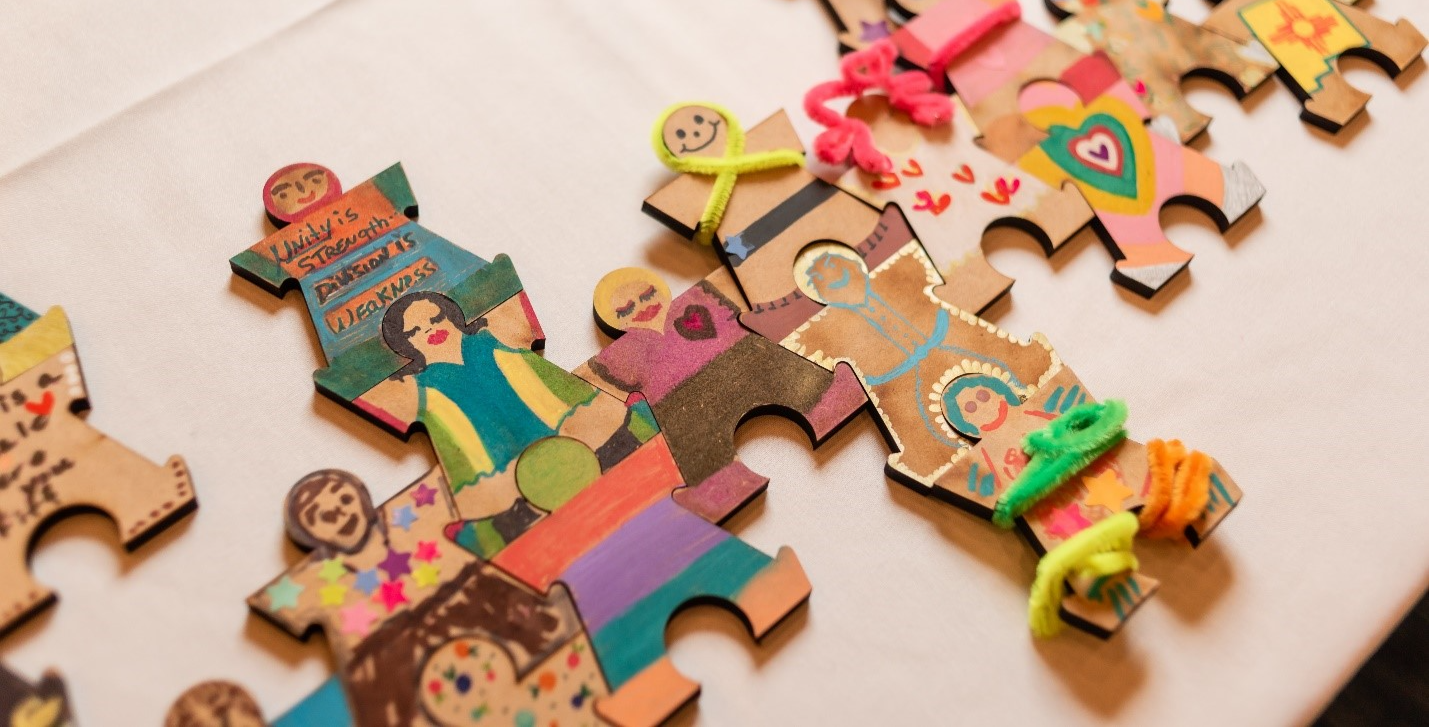My mother was a professor so you’d think her unequivocal advice would have been to go to university after high school, but instead she directed me toward Canada World Youth, a federally funded international exchange program designed to get young Canadians thinking about cross-cultural learning, community service, and issues of local and global concern. This was long before gap years became popular and I was the only one from my graduating class doing such a thing.
 One might also think the take-away from the 7 month adventure would’ve been living on the National Geographic-like small island in the South China Sea of Indonesia, waking up before dawn to the mystic sounds of the muezzin calling Muslims to prayer. In fact, however, the most significant learning by far came off a piece of graffiti-scrawled plywood I walked by at an abandoned construction site in downtown Edmonton while western Canada was in severe recession (yes, this was the early ‘80s).
One might also think the take-away from the 7 month adventure would’ve been living on the National Geographic-like small island in the South China Sea of Indonesia, waking up before dawn to the mystic sounds of the muezzin calling Muslims to prayer. In fact, however, the most significant learning by far came off a piece of graffiti-scrawled plywood I walked by at an abandoned construction site in downtown Edmonton while western Canada was in severe recession (yes, this was the early ‘80s).
If you think the system is working, ask someone who isn’t.
These 11 words introduced me at age 19 to the relationship between individuals and systems. Furthermore, my experience of culture shock shifting from academic middle-class Toronto to shoveling horse manure on a farm in Alberta during the first part of the program and then moving on to live amidst grinding poverty in a remote Asian fishing village in the second half of the program introduced me to the harsh and confounding relationship between local and global.
It was only when I returned from my first-hand exposure and entered university that I noticed my mother and Canada World Youth had changed my world. That experience motivated me to seek a sphere of influence where I could inspire system change so I became a high school teacher for 11 years then a university program coordinator for 4 years. It took me that long to accept that the formal education system at any level might be better designed for producing system conformance than it is for producing system change.
I recalled all of this after listening to Jay Connor’s down to earth reflections and examples of catalytic leadership and strategies for an interconnected world. Like many, I was struck by the research revealing the correlation between 3rd grade reading proficiency and later life outcomes. Since then I’ve been asking myself three questions: (1) If an individual and/or a system is broken so early, can it be fixed most effectively from the inside or the outside? (2) What scale of personal behaviour change is required to achieve better systemic results? And (3) Are there still prescient mother’s out there encouraging their teens “not to take a year off, but to add a year on” with hopes they will bump into and ultimately change systems?
Those who can change their mind can change the world – George Bernard Shaw





